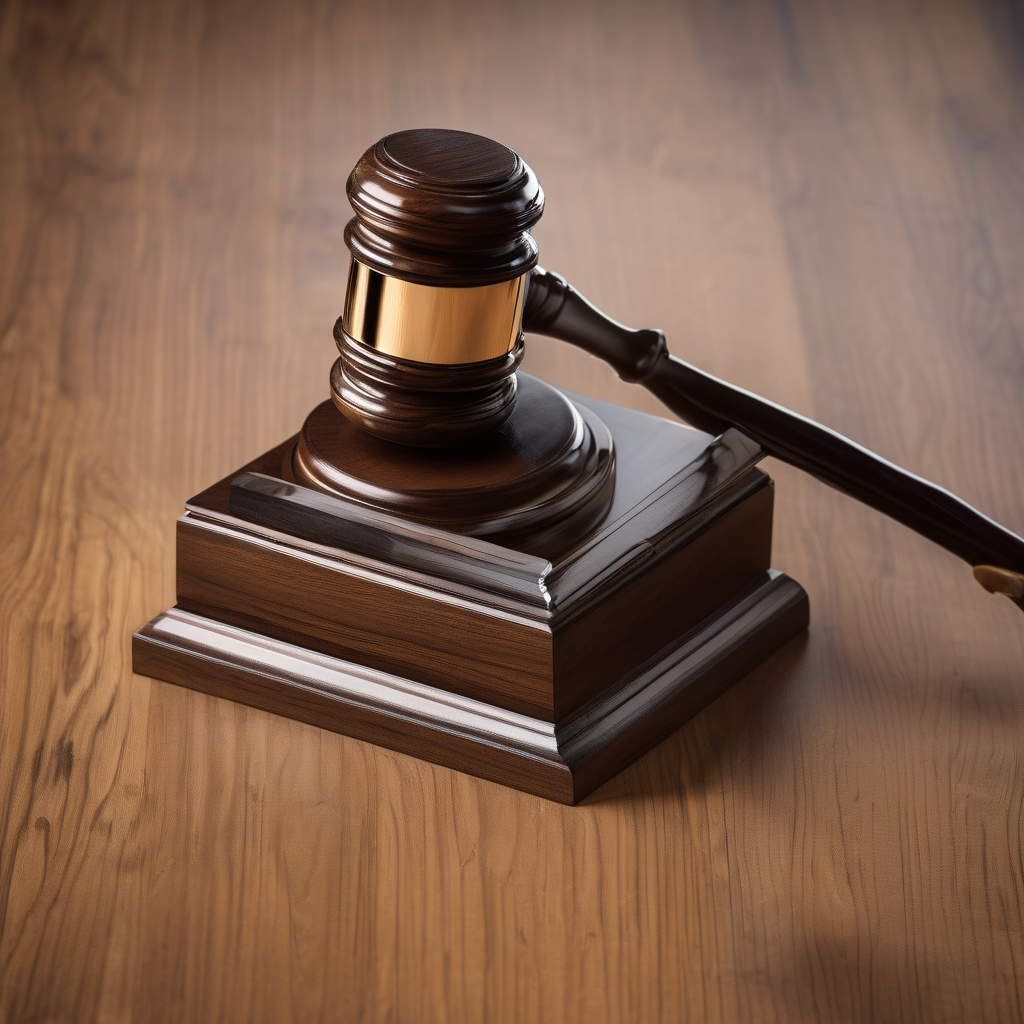Papua New Guinea’s Prime Minister, James Marape, has responded optimistically to a motion of no confidence filed by the Opposition in Parliament on October 29, 2025. He characterized this political challenge as a routine aspect of democratic governance, emphasizing the constitutional rights of Members of Parliament to choose their leaders freely. Marape expressed that he harbors neither fear nor resentment towards such political challenges.
Following the motion’s admission by the Private Business Committee after a parliamentary session, Marape stated that he would refrain from engaging in the political maneuvering that has marked past political confrontations. He embraced these challenges as opportunities to reaffirm his commitment to govern transparently and effectively, steering clear of “political camps” and clandestine tactics. This is not the first instance of political turbulence for Marape; he has faced numerous challenges since assuming office on May 30, 2019, including the significant 2020 Political Impasse and various legal disputes aimed at destabilizing his administration.
Despite these challenges, Marape has highlighted several accomplishments of his government, claiming that his party elected the highest number of MPs in a National General Election since the Somare Government of 1982, and pointing out that the country’s economy has expanded by over K50 billion (approximately US$11.84 billion) since he took office. He remarked, “The records speak for themselves — in economic management, infrastructure delivery, and service expansion.”
Demonstrating a commitment to political maturity, Marape urged all parliament members to move beyond divisive political factions, advocating for a more mature and democratic mindset. He reflected on the detrimental impacts of frequent government changes between 1975 and 2002 on national growth, urging leaders to prioritize their constituents’ interests over petty political games. To ensure an unbiased voting process, Marape plans to travel abroad next week, allowing MPs to cast their votes without pressure.
Moreover, he called on citizens to prepare for the upcoming 2027 National General Election, encouraging active participation in the electoral process and emphasizing the importance of making informed choices at the polls. Marape reiterated that the motion of no confidence is merely a distraction, encouraging focus on the forthcoming elections as a critical opportunity for change.
These unfolding political dynamics highlight a vibrant environment in Papua New Guinea, where the potential for reform and stability is prominent. As leaders contend with these challenges, there remains optimism for a governance approach that is more accountable and centered on the welfare of all citizens. The ongoing political discourse underscores a commitment to constructive discussion and adherence to democratic principles essential for the nation’s future.
